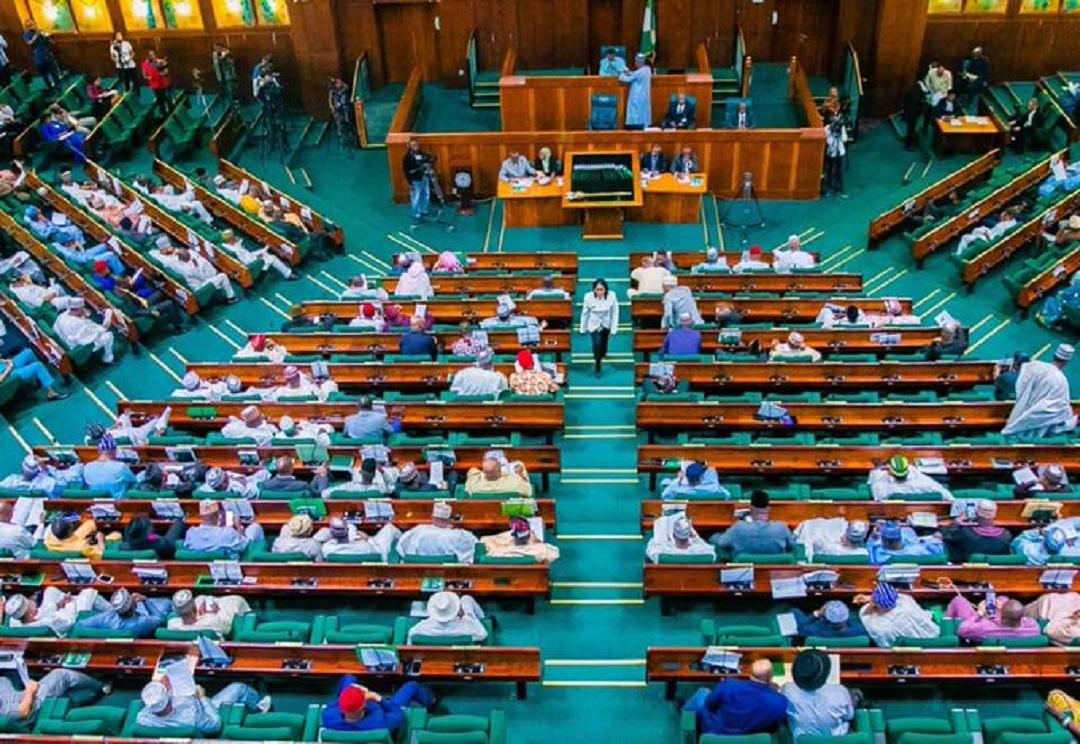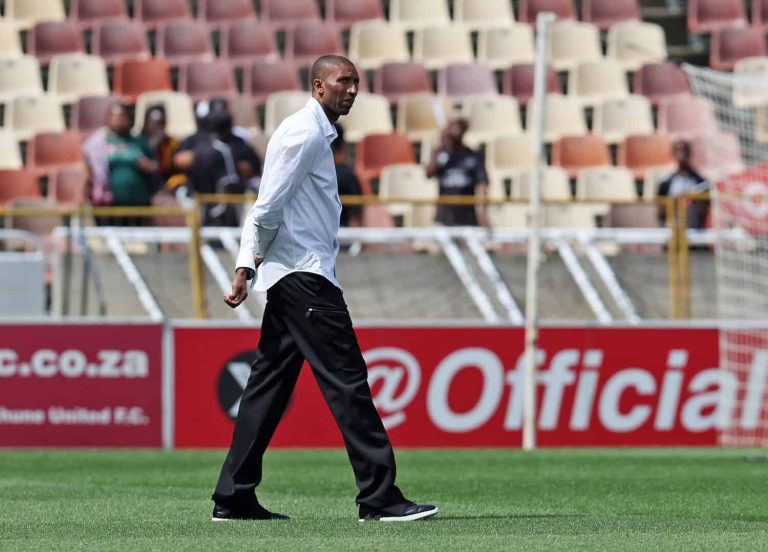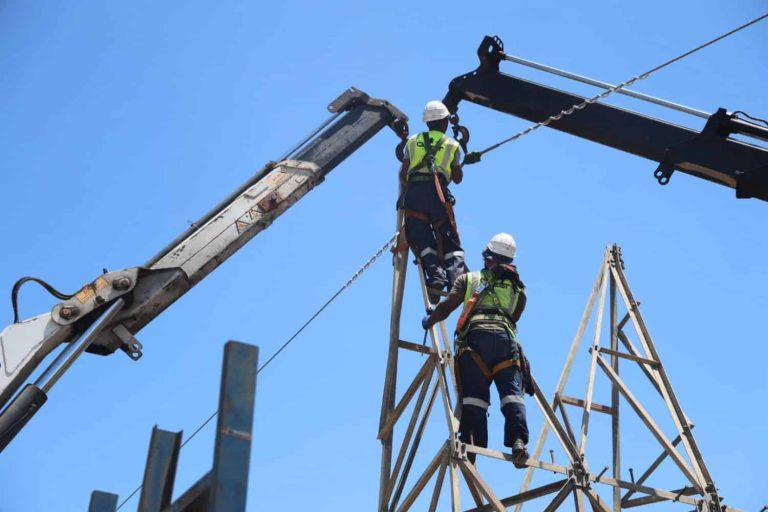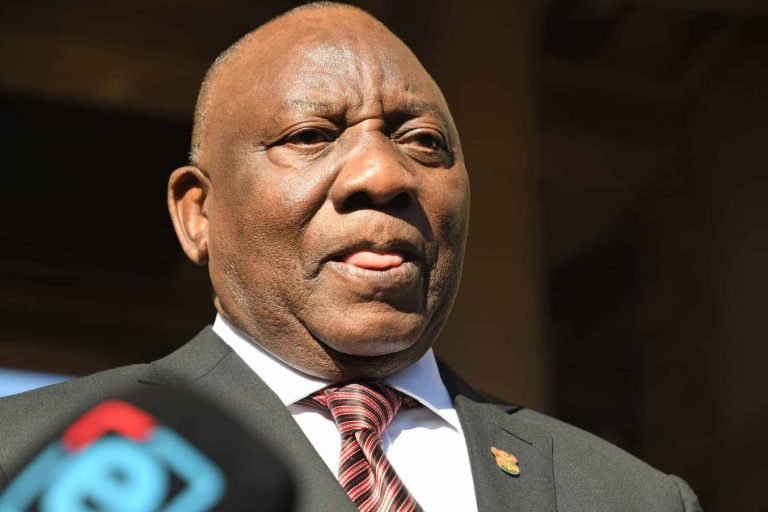
Lawmakers threaten constitutional sanctions as MDAs repeatedly shun inquiry into 17 years of electricity spending
The House of Representatives Ad Hoc Committee investigating Nigeria’s power sector reforms and expenditures from 2007 to 2024 has issued a fresh round of summons to major government institutions, accusing them of deliberately avoiding legislative scrutiny.
Among the agencies ordered to appear are the Bureau of Public Procurement, Budget Office of the Federation, Office of the Accountant-General of the Federation, Federal Ministry of Finance, Federal Ministry of Power, and the Office of the Auditor-General of the Federation.
At the resumed hearing on Thursday, Committee Chairman Ibrahim Aliyu expressed strong displeasure over the continued absence of the agencies despite multiple invitations. He condemned what he described as a “consistent pattern of evasiveness” by institutions central to explaining how billions of naira were spent on electricity projects over the last 17 years.
Aliyu said the committee first wrote the MDAs on November 10, followed by reminders on November 19 and further notifications, none of which were acknowledged.
“We are becoming increasingly concerned,” he said. “We cannot guess their motives, but these ministries and agencies are crucial to uncovering the truth about the power sector’s financial history.”
The committee has now directed all the defaulting MDAs to appear on or before December 8, 2025, warning that any further refusal will trigger the National Assembly’s constitutional powers to compel attendance and force the release of documents.
Summons to Be Published Nationally
Earlier in the session, lawmakers backed a motion urging the chairman to grant the agencies a final short extension and broaden communication channels. As a result, the committee resolved to publish the summons in national newspapers to eliminate any argument that letters were not received.
Aliyu accepted the recommendations, describing the move as the committee’s final courtesy before invoking Sections 88 and 89 of the Constitution, which empower parliament to demand documents and compel appearances from any authority or individual.
He warned that persistent non-cooperation threatens to derail the entire investigation, which aims to explain why massive investments have failed to deliver reliable electricity to Nigerian homes and businesses.
“These agencies must present their records,” he said. “Nigerians deserve full accountability.”
Probing 17 Years of Spending and Failures
The ongoing probe seeks to unravel why trillions of naira spent on Nigeria’s power sector since 2007 have produced limited improvements. Over the years, successive administrations launched multiple reforms, including the National Integrated Power Projects (NIPP), the privatisation of generation and distribution companies, CBN-funded interventions, and fresh borrowing for transmission upgrades.
Yet, the sector remains plagued by persistent power shortages, weak transmission capacity, debt-ridden distribution companies, poor metering, and high energy losses.
Previous legislative inquiries have repeatedly highlighted systemic problems such as inflated contracts, abandoned projects, weak regulatory oversight, mismanagement, and poor coordination among key agencies.
Billions went into gas supply contracts, turbine acquisitions, transmission infrastructure, and rural electrification projects that were either abandoned or failed to deliver the expected results.
Outcome May Influence Future Policy
Under Speaker Tajudeen Abbas, the 10th House is seeking a comprehensive audit of how funds were deployed, whether procurement rules were followed, whether loans were properly utilised, and why past recommendations were ignored.
With Nigeria still struggling to provide steady electricity despite years of heavy spending, lawmakers say the findings of this probe could shape future power sector policy and may lead to sanctions or further legislative actions.



